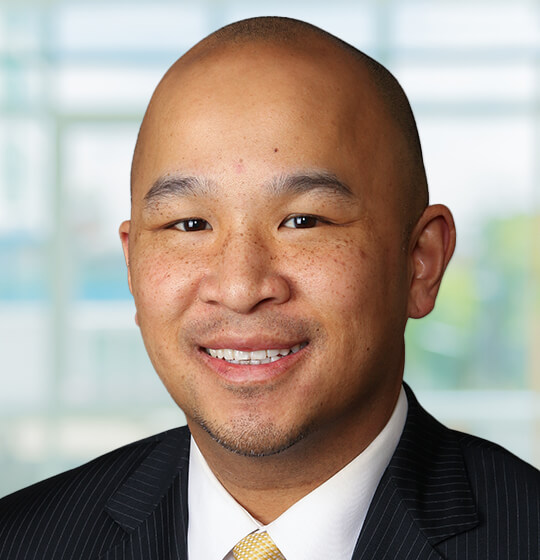Moradi v. Marsh USA, No. B239858 (September 17, 2013): A California Court of Appeal recently held that an employer was vicariously liable for a car accident that occurred when an employee was driving home from work.
The employee, Judy Bamberger, was an insurance salesperson for Marsh USA. She was required to use her personal vehicle to travel to and from the office and make other work-related trips during the day. On April 15, 2010, she used her car to transport herself and some coworkers to a company-sponsored event. At the end of her workday, while driving home from the office, Bamberger decided to stop for some frozen yogurt and go to a yoga class. While turning into the parking lot of the yogurt shop, her car collided with a motorcycle driven by Majid Moradi.
Moradi sued Bamberger and Marsh. The company filed a motion for summary judgment on the basis that Bamberger was not “working, nor pursuing any task on behalf of the employer.” The trial court granted summary judgment, finding that Bamberger was not acting within the scope of her employment when the accident occurred.
The Court of Appeal reversed the judgment. It noted that under the “going and coming” rule employers are generally not liable for an employee’s actions during the employee’s commute to and from work. However, under the “required vehicle exception,” the employer can be held liable if it required the employee to use his or her personal vehicle for work, the use of which “gives some incidental benefit to the employer.” Marsh previously provided company vehicles to salespeople, but had changed its policy.
The court found that the planned stops for frozen yogurt and a yoga class did not constitute “an unforeseeable, substantial departure from the [Bamberger’s] commute.” According to the court, “the planned stops were not so unusual or startling that it would be unfair to include the resulting loss among the other costs of the employer’s business.” Thus, the court overturned the trial judge’s ruling and reinstated the lawsuit against Marsh.
According to Gregory Cheng, a shareholder in the San Francisco office of Ogletree Deakins: “This decision confirms the wide-ranging implications for employers that require employees to use their personal vehicles for work-related purposes. Given the potential liability associated employees’ use of their own vehicle during their normal commute, employers with such personal vehicle requirements should review their policies to determine the necessity of such policies or whether further safeguards should be put in place to limit exposure under these circumstances.”




